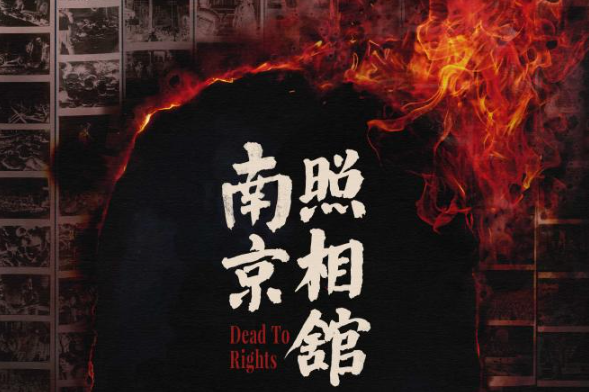Demand for cocaine 'creates unprecedented cooperation'

The United Kingdom's criminal gangs are reportedly working closely with gangsters in other European nations to bring massive shipments of cocaine into the country and keep up with skyrocketing demand.
Lawrence Gibbons, drug threat lead at the National Crime Agency, or NCA, told The Observer newspaper the level of cooperation is unlike anything he has seen in his 40-year career.
"Instead of 'Mr Bigs' operating totally independently, like they did 10 years ago, there are a lot more (organized crime gangs) working together," he said. "There is a collaboration between them, a collaboration at source with people sharing routes, transportation, and containers."
Gibbons said officers have even found shipping containers loaded with cocaine that has been packaged and segregated for sub-contractors.
Against the backdrop of the UK leaving the European Union and being accused of charting a more isolationist course, the nation's crime gangs are heading in the other direction, Gibbons said, with unprecedented international cooperation that opens the door to the massive buying power and logistical contacts of the Mafia, which is one of the world's richest criminal groups.
Europol estimates the main branch of the Mafia in Europe, the 'Ndrangheta, had a turnover of more than $60 billion in 2013, which The Guardian said was larger than the combined turnovers of McDonald's and Deutsche Bank.
The NCA said the UK's 1,700 criminal gangs used to buy their cocaine directly from South American cartels before importing them, piecemeal, into the country.
The agency believes British criminal gangs forged the new partnerships with European crime gangs because they needed to increase efficiency and bring in large shipments to meet massively growing demand.
According to the BBC, the NCA estimates the demand for cocaine in the UK is worth almost 26 million pounds ($36 million) a day. The agency says demand has shot up in the past decade by 290 percent, and annual consumption now stands at around 117 metric tons.
Gibbons said the increase in demand is partly down to cocaine having shed its reputation for being an expensive drug of the middle classes. He said the price has come down and quality and purity have gone up.
"It's a drug used by everyone, from the highest levels of society to the lowest levels of society," Gibbons told The Observer. "It is no longer the drug for people with a lot of money behind them."
And, earlier this month, the agency intercepted an example of this new international cooperation, with officers finding 2 metric tons of cocaine worth around 160 million pounds ($220 million) hidden on a yacht intercepted off the English county of Devon.
He said such large shipments now overshadow seizures that would have been considered huge a few years ago.
He told The Guardian: "What you don't read about these days is our 100-, 200-, 300-kilogram seizures because they're almost run of the mill. Ten years ago, I'd have been over the moon if I was the (senior investigating officer) for a 200 kilogram job."
That growing demand for cocaine, which has led gangs to cooperate instead of compete, is likely to guarantee the big shipments keep flowing, he added.

































